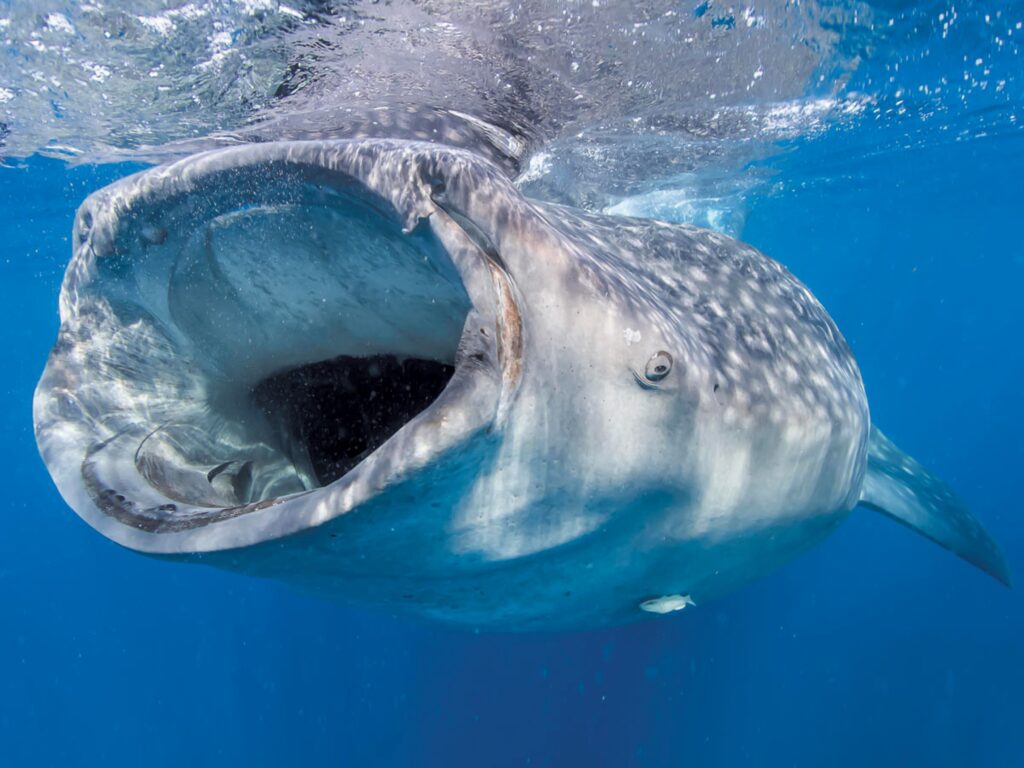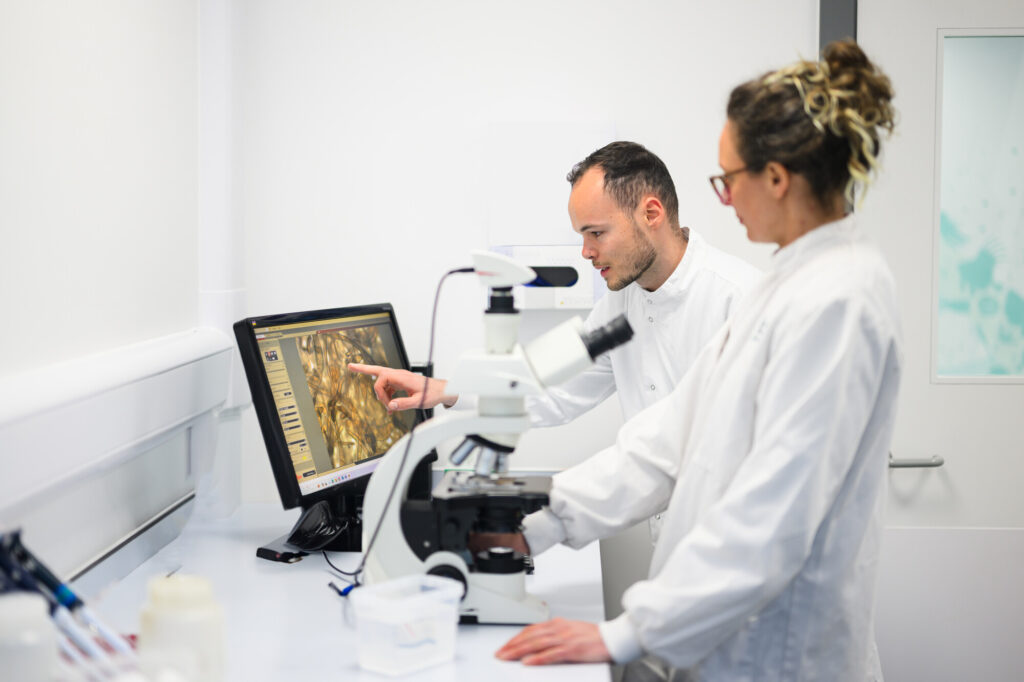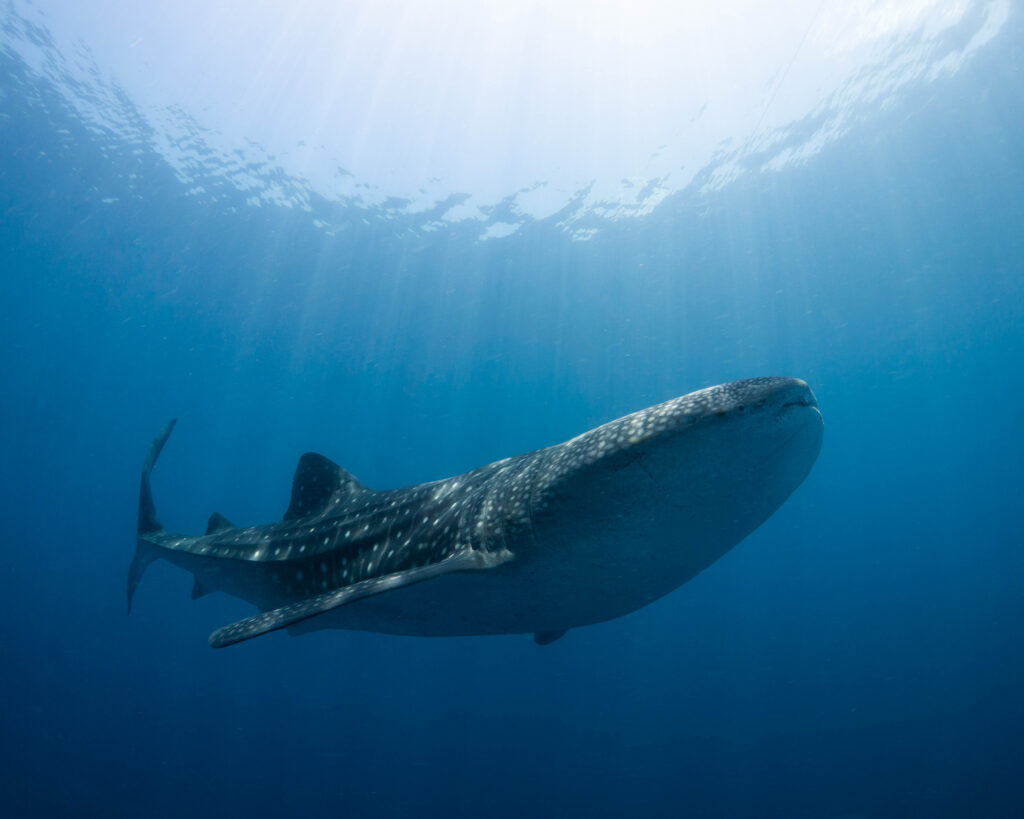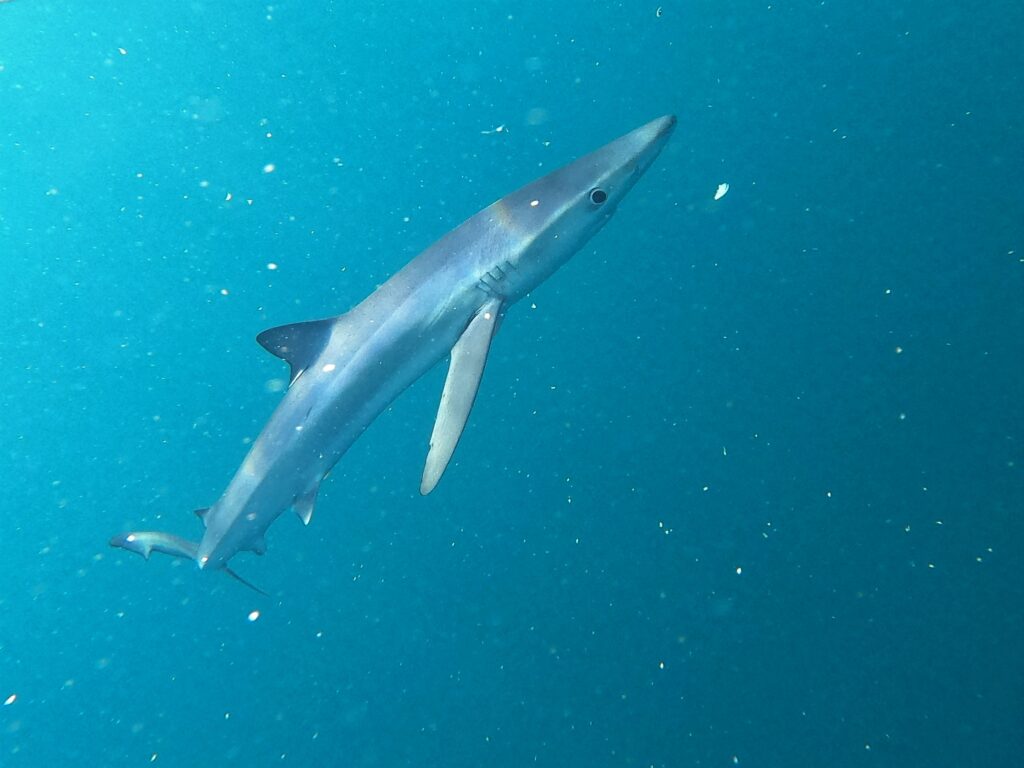Ocean Predator Movement Ecology
and Conservation
Research Lead – Professor David Sims
Our research focuses on marine predator, notably shark movements, behaviour and ecology in relation to environmental changes and anthropogenic threats. The aim has been to understand patterns, mechanisms, causes and consequences of behaviour, movement and population redistributions across fine to global scales. Key motivating questions are why do sharks move where they do, what space use patterns emerge and why, and what are the consequences of such dynamics for conservation in the face of anthropogenic activities?
Our approach is to obtain new insights by applying novel telemetry, bio-logging and analytical approaches to understand predator-environment interactions from individual-based tracking to population modelling. Our research tests hypotheses about foraging behaviour, habitat use, optimal searching, migration under climate change, redistribution patterns, and impacts of fishing and climate change. Results are used to to inform conservation and management of shark and other populations, particularly in relation to fishing exploitation and climate change.
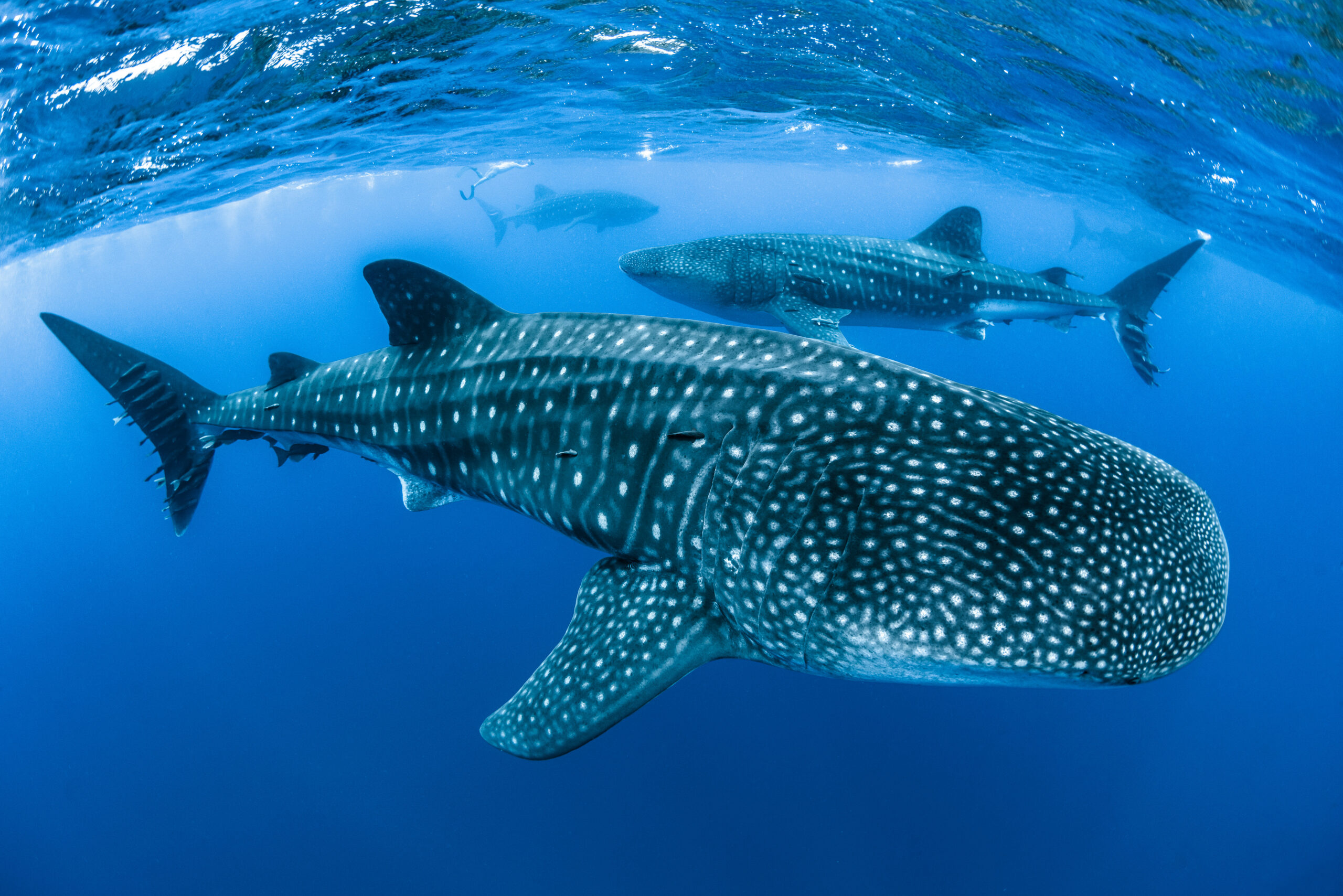
Our Research Impacts
Mysterious circles of basking sharks explained
Research by our group identifies northeast Atlantic coastal waters as critical habitat supporting courtship reproductive behaviour of endangered basking sharks, the first such habitat revealed for this species globally.
Global shipping trade is killing whale sharks
Our research reveals substantial “cryptic” lethal ship strikes of whale sharks, which could explain why populations continue to decline despite international protection and low fishing-induced mortality. Mitigation measures to reduce ship-strike risk are needed to conserve populations.
Read more: “Global shipping trade is killing whale sharks” The Washington Post
Key Publications
Latest News
Latest News
Our Team
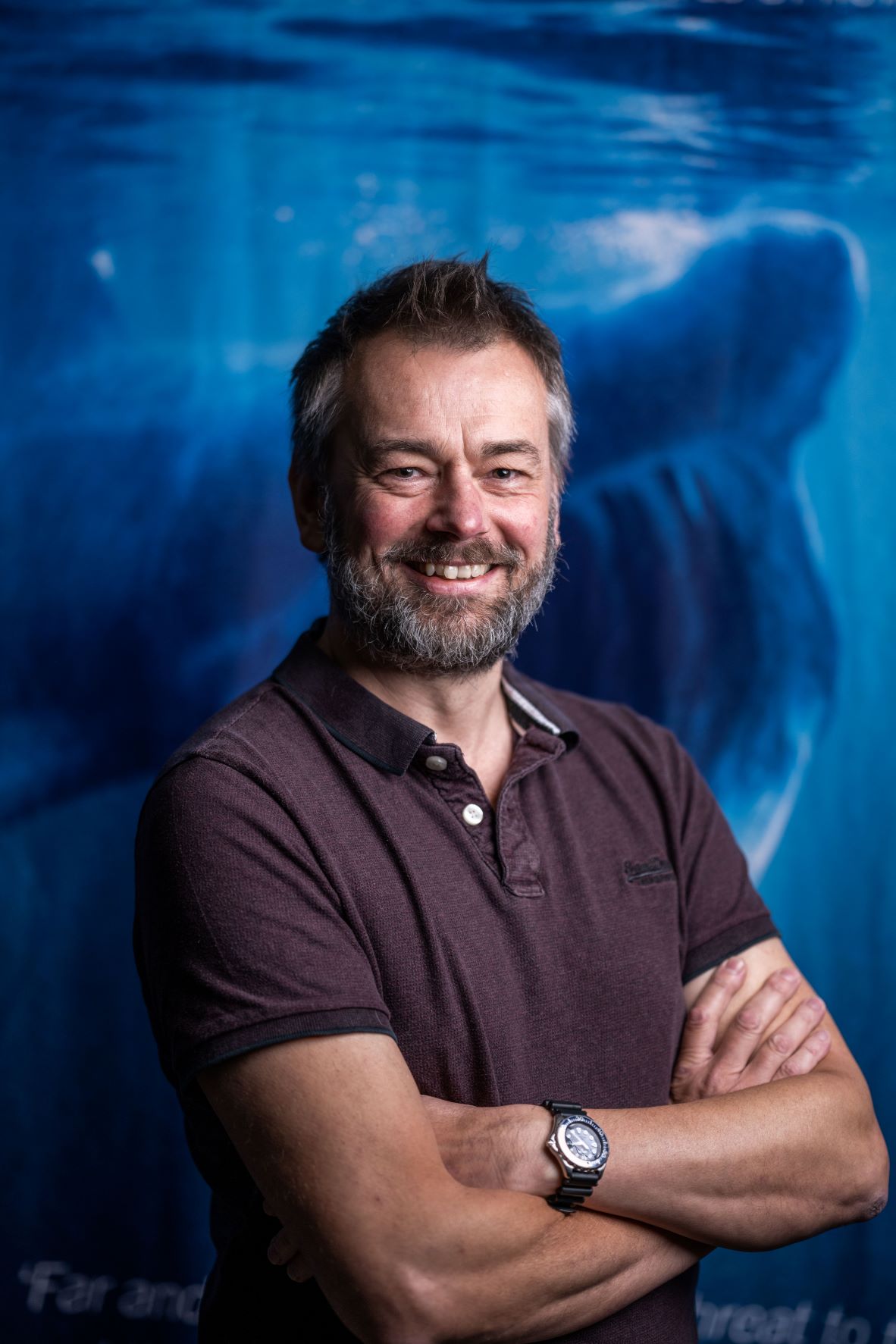
Professor David Sims, PhD DSc, MAE
Senior Research Fellow
Professor David Sims, PhD DSc, MAE
Senior Research Fellow
I have a lifelong interest in the behaviour, ecology and conservation of ocean predators. My research career began in 1991 with studies on the ecophysiology of feeding in small-spotted catsharks, completed in part at the Marine Biological Association. I embarked in 1995 on what has become a 25 year study of basking shark behavioural ecology. In 2001, shortly after joining the MBA as Research Fellow, we obtained the first long-term satellite trackings of basking sharks showing that they do not hibernate in winter, exhibit regional annual site fidelity, and cross national boundaries frequently, results which contributed to their international protection under CITES (2003) and CMS (2006) listings. Since 2001 I have studied the movement ecology of oceanic sharks and other threatened fish in relation to climate change and fishing. In 2016 I initiated the Global Shark Movement Project, a collaboration of over 150 scientists across 26 countries, aimed at tracking movements and changing habitats of pelagic sharks and quantifying the threats they face. We revealed where large spatial overlaps between sharks and longline fisheries and shipping occurred, demonstrating how threatened populations are most impacted. Awards for our research include the FSBI Medal (2007) and the Marsh Award for Marine Conservation (2019).
Research Group: Ocean Predator Movement Ecology and Conservation
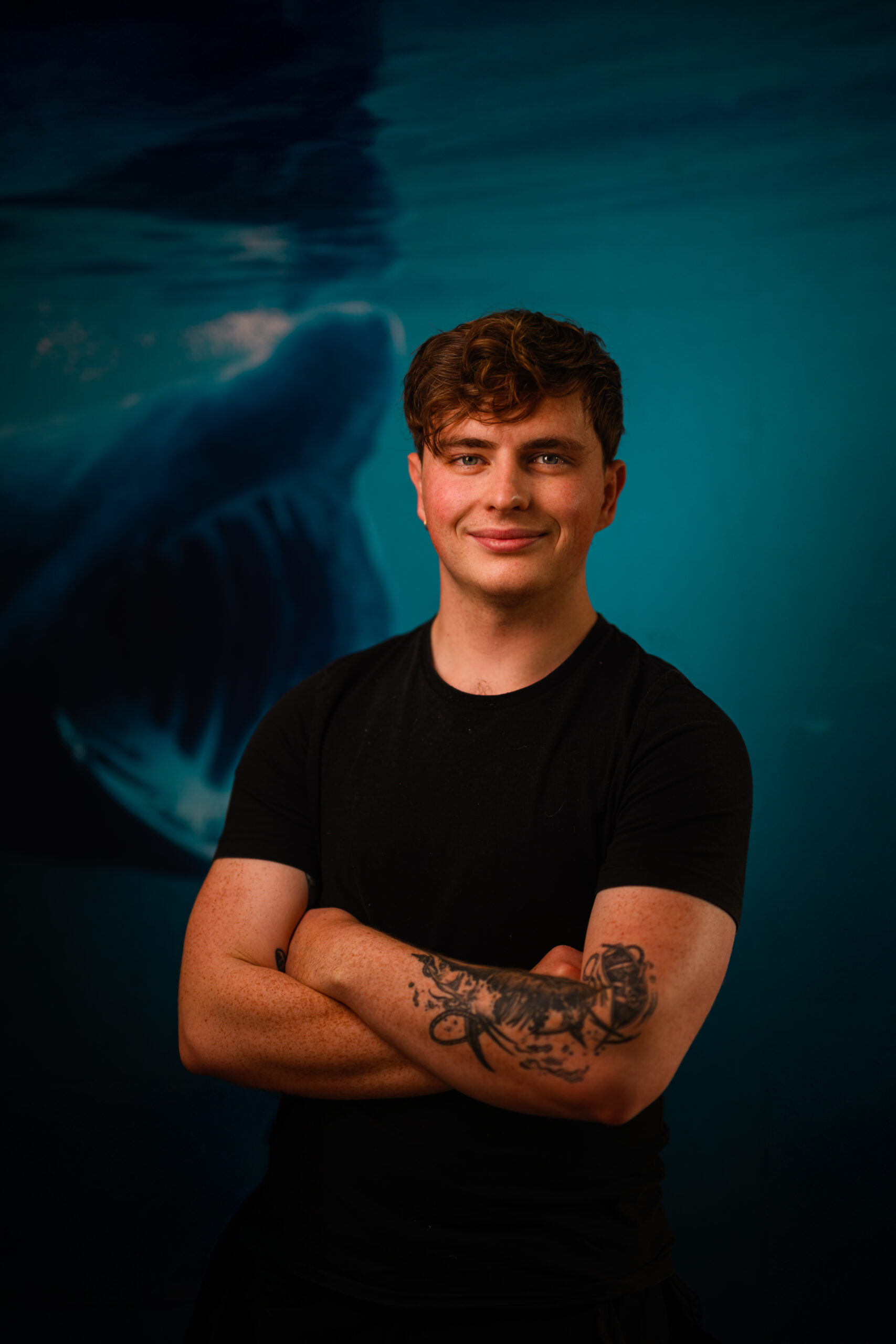
Ronan Conlon MSci
Project Technical Officer
Ronan Conlon MSci
Project Technical Officer
I am a Project Technical Officer with a keen interest in the movement ecology of marine species. I have worked in the tagging and tracking of animals both in the UK and abroad, through satellite remote sensing and acoustic telemetry. Marine science has afforded me the opportunity to work around the world, as an IAESTE researcher in Portugal and with extended field seasons in Northern Cyprus, Malaysia and the Galapagos Islands. In my current role I will be assisting the Sims lab researchers in uncovering the impacts of ocean deoxygenation on sharks.
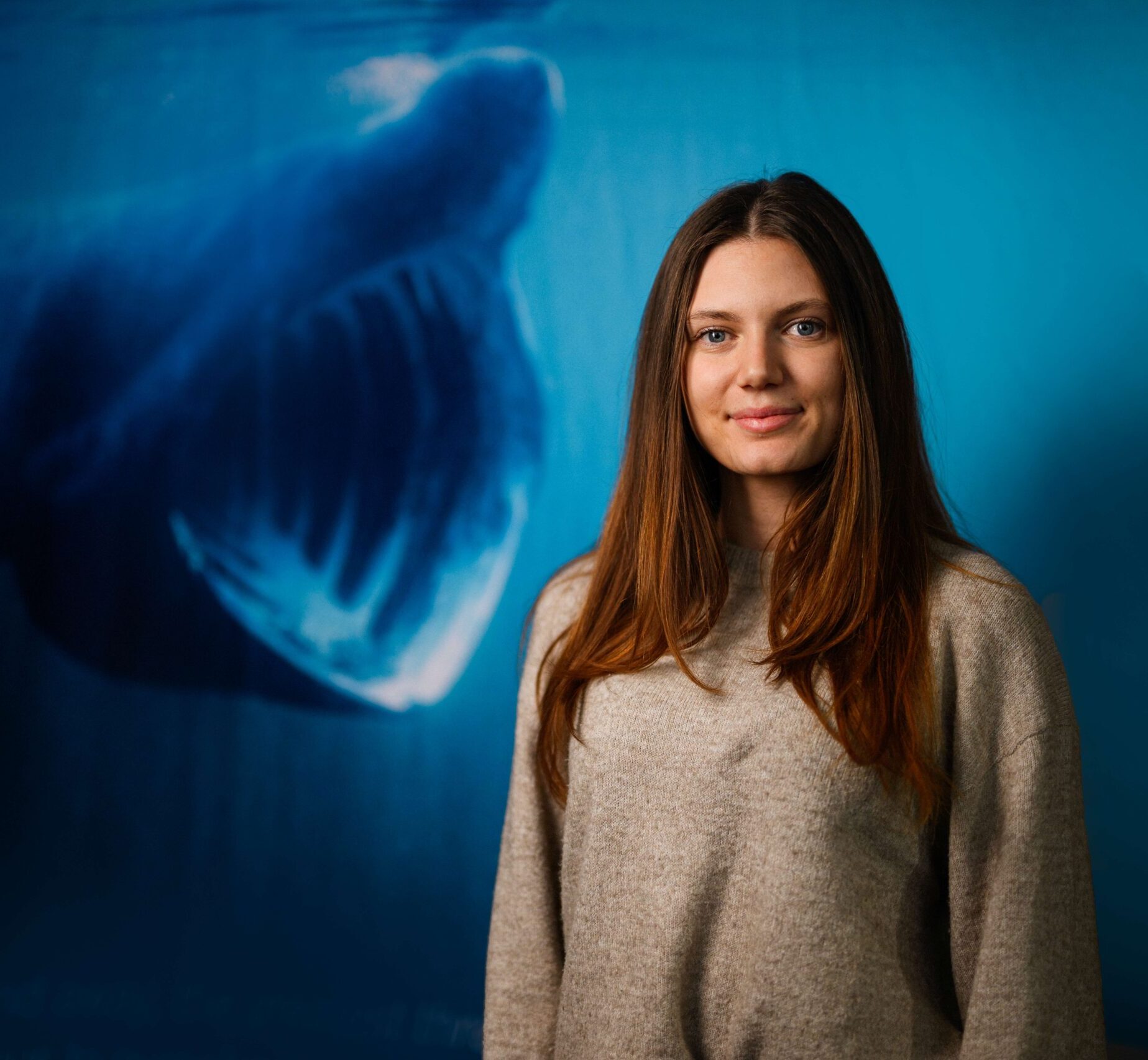
Amy Jeffries BSc
PhD Student
Amy Jeffries BSc
PhD Student

amyjef@mba.ac.uk
I am a marine biologist currently completing my PhD with the Sims Lab at the Marine Biological Association in conjunction with the University of Southampton, as part of the European Research Council funded project OCEAN DEOXYFISH. My research explores the impacts of declining dissolved oxygen levels in our world’s oceans, and the effects this is having on the physiological ecology of marine predators, in particular wide-ranging oceanic shark species. Through my research I aim to provide better insights into how sharks navigate their 3D environment and determine their responses to changing oceanic conditions. Prior to starting my PhD, I completed my MRes Marine Biology degree at the University of Plymouth in collaboration with the MBA and studied Marine Biology at undergraduate level with the University of Exeter. Alongside my studies I have participated in various field work experiences roles as I wanted to be at the forefront of the conservation action. I worked in South Africa for an NGO; it was here where I saw my first shark in its natural habitat. This encounter sparked my enthusiasm to help contribute to the species conservation efforts through my research.
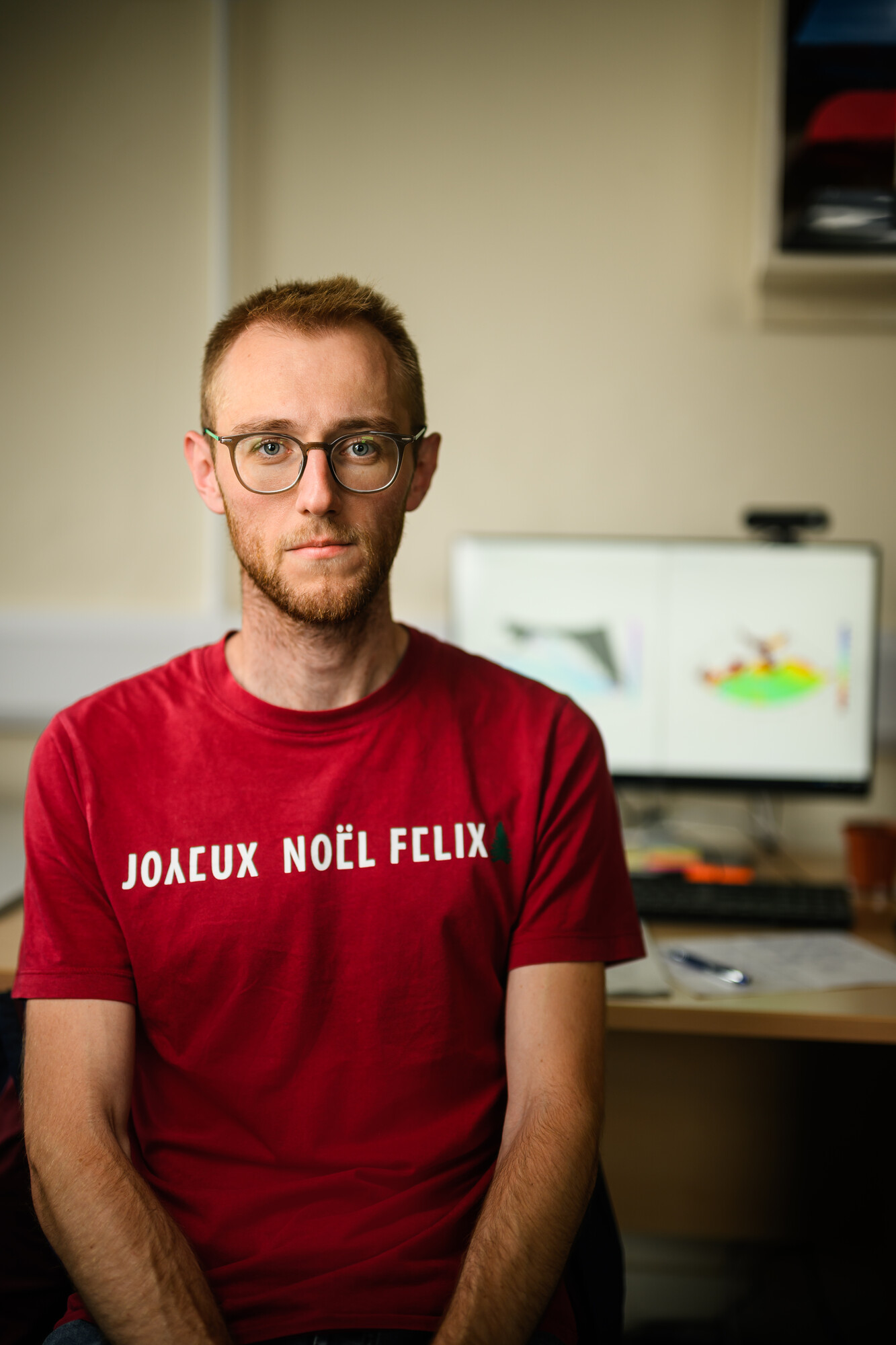
Dr Loïck Kléparski
Post Doctoral Research Scientist
Dr Loïck Kléparski
Post Doctoral Research Scientist
I am a post-doctoral researcher working on the consequences of climate change on marine organisms and how it will affect ecosystems functioning and services. More precisely, I use large scale biological observations (such as shark bio-logging and plankton abundance) associated with environmental data (temperature, oxygen and nutrients concentrations), to (i) investigate how different species respond to past and present climatic variability and (ii) project their future responses in the context of climate change. I am currently working on the OCEAN DEOXYFISH project and how the geographich distribution of some large pelagic predators is going to be altered by warming temperature, low oxygen concentration and fishing pressure.
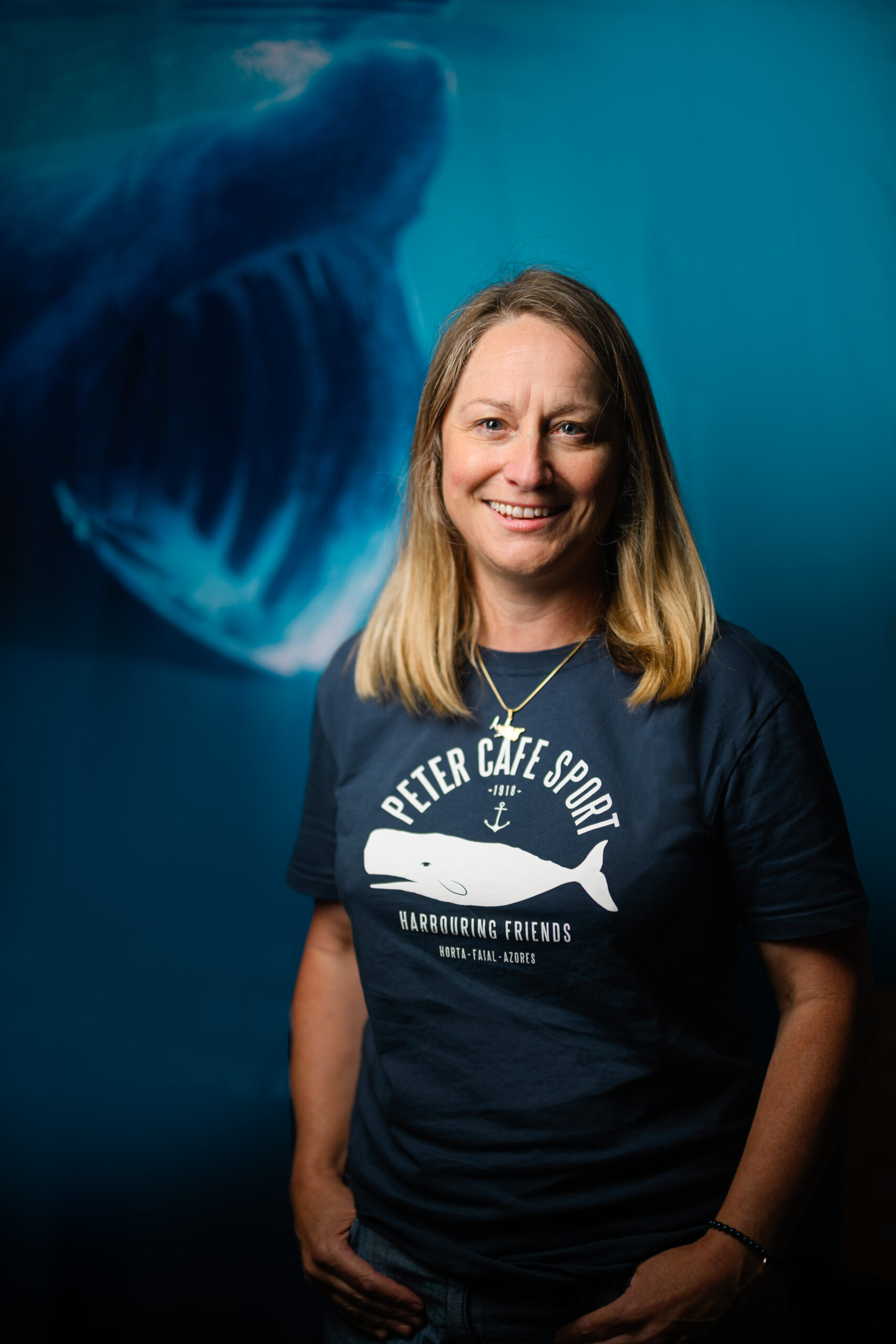
Dr Emily Southall
Project Scientific Officer
Dr Emily Southall
Project Scientific Officer
I am part of the dynamic multidisciplinary team working on the ERC Ocean DeOxyfish project, aimed at unravelling the complex effects of climate-driven ocean deoxygenation on shark and tuna species. My love of shark behaviour and ecology began with research on basking sharks in 1998 and after joining the MBA in 2001 I have worked on several projects, including one that led to the first long-term, 3D tracks of any pelagic shark species and ultimately contributed to the worldwide protection of basking sharks through CITES and CMS listings. More recently, a collaboration with scientists and the conservation sector in Ireland led to ‘Circles in the sea’, a multi-year study on non-feeding basking shark social behaviour and the discovery of ‘toruses’ which will help inform protection of basking sharks in Irish waters. With a hope to conserve shark species, I am also a member scientist of the Global Shark Movement, a worldwide collaborative initiative consisting of 40 groups from 26 countries that assembles and uses hard-won shark bio-logging data to tackle global anthropogenic pressures such as climate warming and over-fishing.
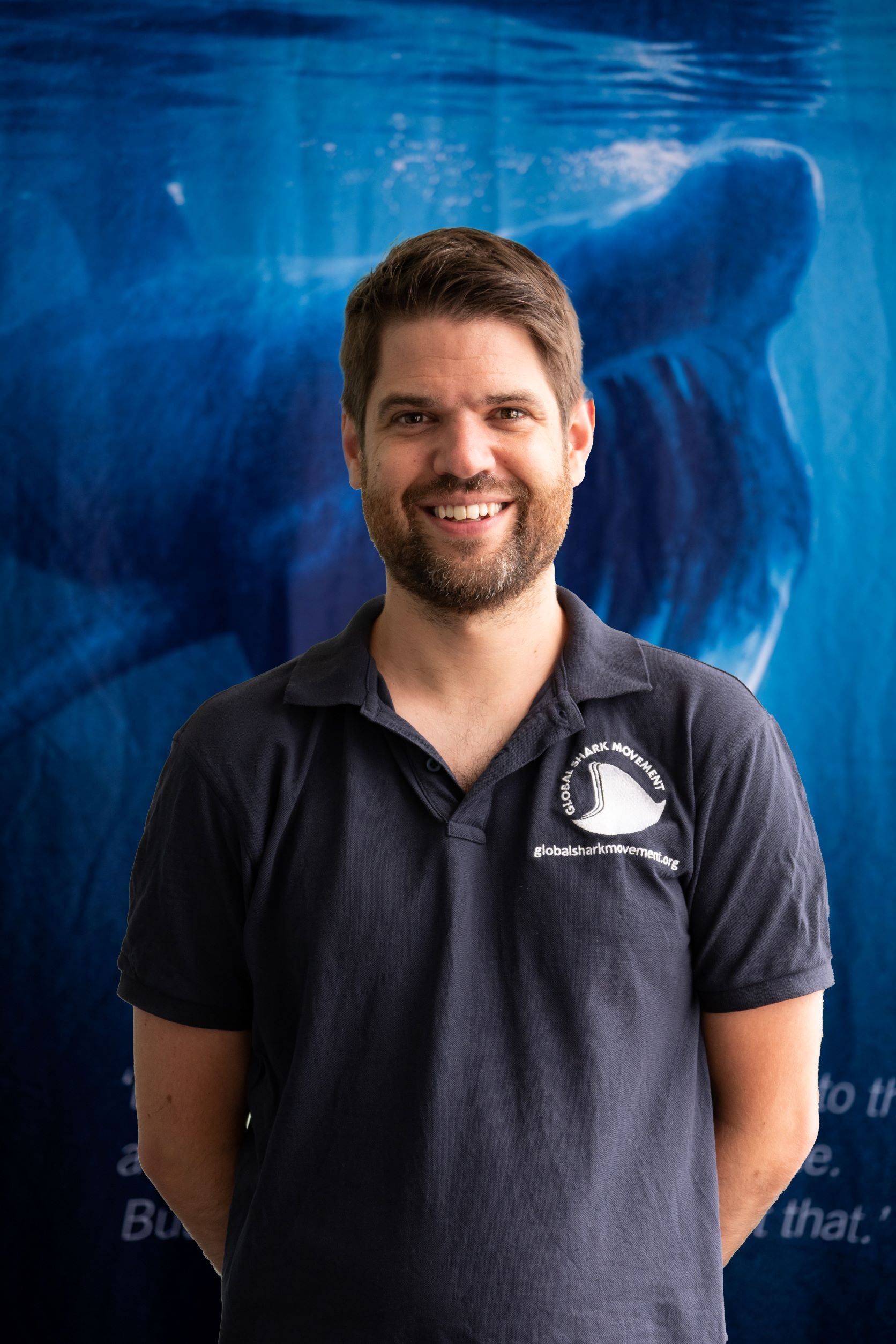
Matt Waller
PhD Student
Matt Waller
PhD Student
I am a PhD student within the Sims lab at the Marine Biological Association, in conjunction with the University of Southampton, as part of the European Research Council funded project OCEAN DEOXYFISH. My research focuses on the impact declining oxygen in the world’s oceans will have on the biology and ecology of large oceanic shark species. My main interests lie in using satellite tracking technologies to explore how shark behaviour and distributions are altered by changes in their environment and how this may effect shark interactions with human threats, such as fishing.
Before beginning my PhD I competed my bachelor’s and master’s degrees in marine biology with the University of Plymouth. I have also held marine science roles at the United Kingdom Hydrographic Office and several positions in Seychelles, including at the UNESCO world heritage site Aldabra
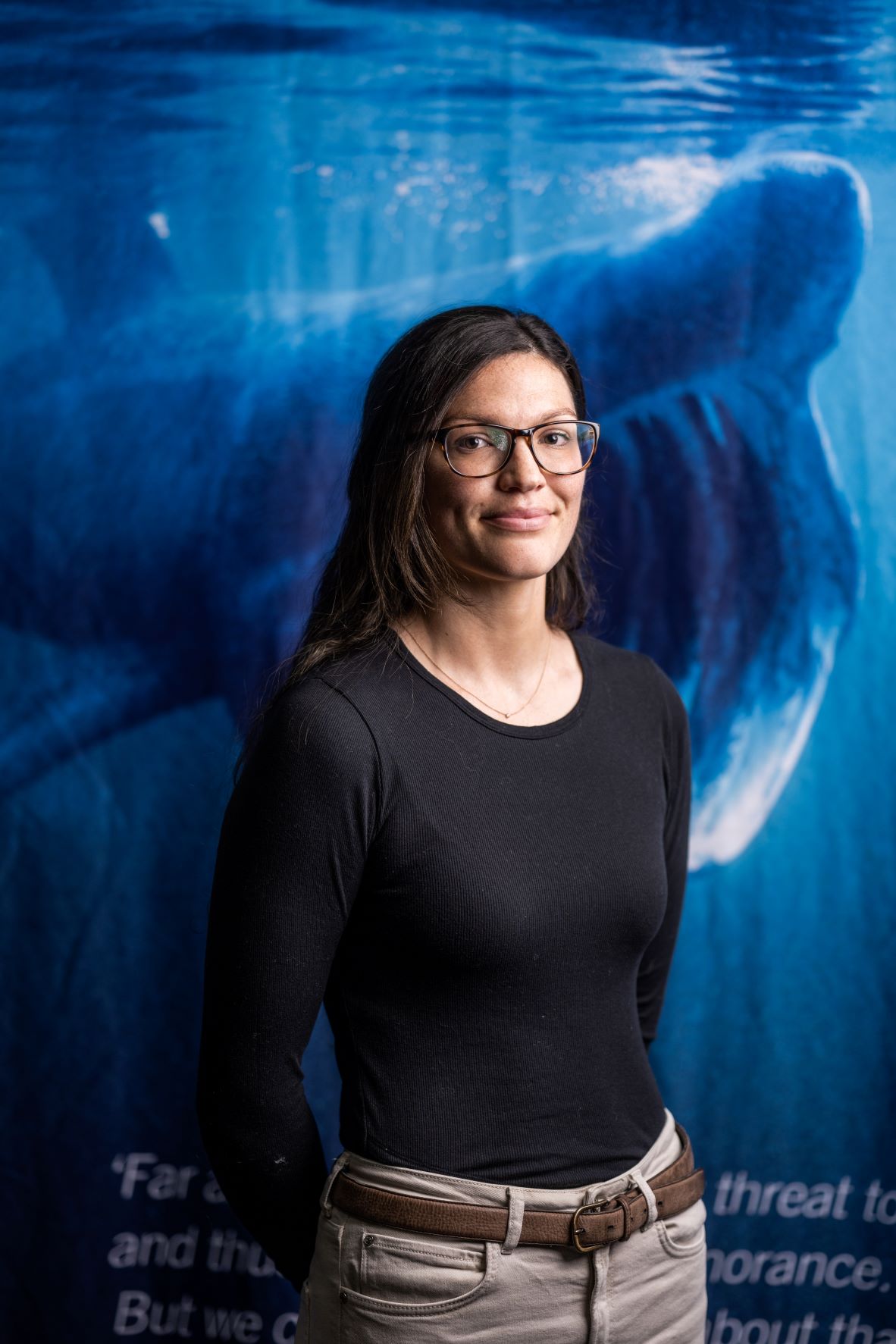
Dr Freya Womersley
Postdoctoral Research Scientist
Dr Freya Womersley
Postdoctoral Research Scientist

frewom@mba.ac.uk
My research primarily focusses on the interactions between humans and wildlife. I’m interested in exploring factors that drive wildlife movements and distributions for integration into analyses with human dimensions (e.g. fishing, shipping, climate change). My work looks to quantify human-wildlife conflict and explore solutions to improve the conservation status of threatened species.
